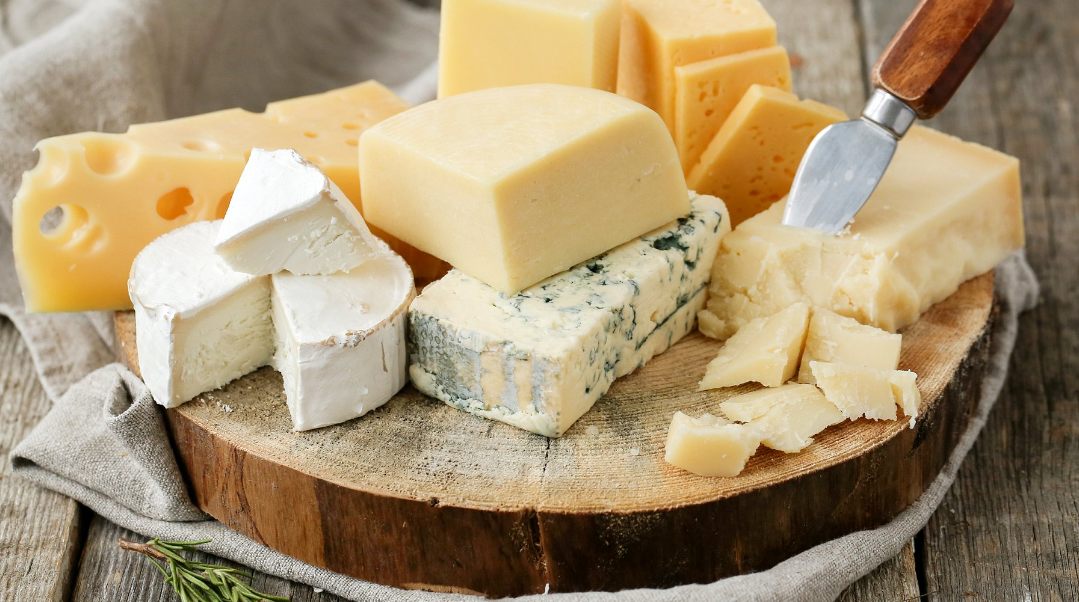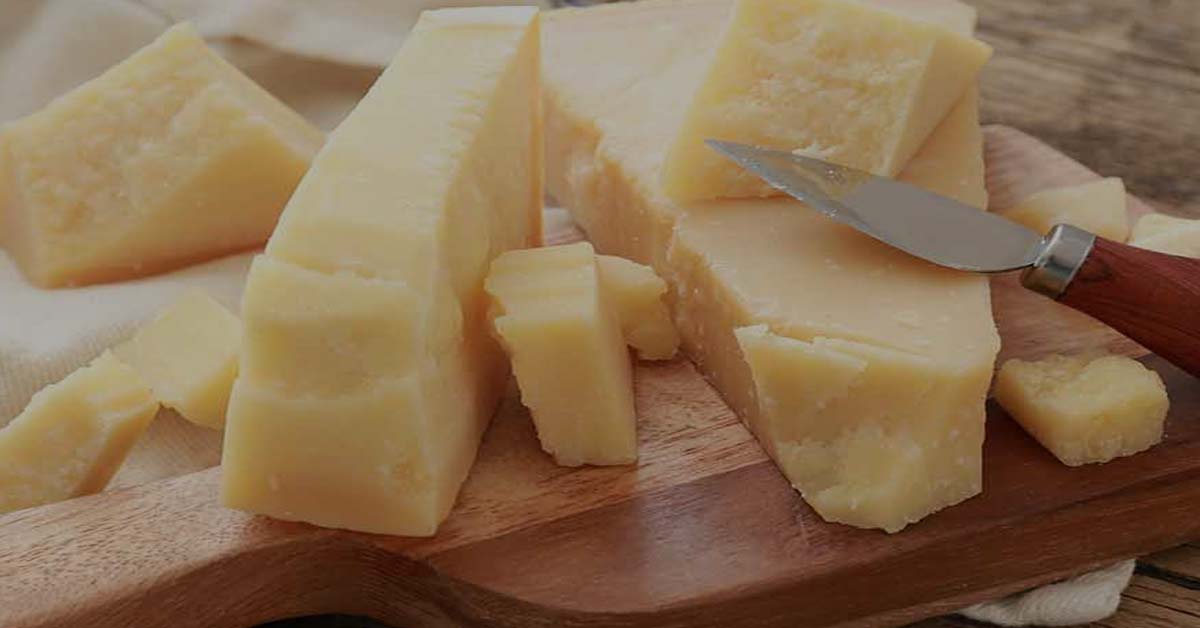This Article is Approved By » Esther Howard (Nutritionist) & Dr. Jane Cooper (Expert Dietitian)
Liver cheese, also known as liverwurst or braunschweiger, has long been a topic of culinary curiosity. Some relish its distinct flavor and creamy texture, while others approach it skeptically.
With this question in your mind, you might wonder, “Is liver cheese good for you or not?” Well, let’s dive in and find out!
The Short Answer
Liver cheese can be a part of a balanced diet when consumed sensibly. While it offers essential nutrients like protein, vitamin A, and vitamin B12, it’s crucial to be mindful of its high fat, cholesterol, and sodium content. Moderation ensures you reap the benefits without overindulging.
What Exactly Is Liver Cheese?
Before we explore the health implications of liver cheese, let’s first understand what it is. Liver cheese is a sausage crafted from ground liver, meat, spices, and herbs. It’s typically served cold or at room temperature, making it a convenient addition to sandwiches, crackers, or charcuterie boards.
Diving Into the Nutritional Values
Now, let’s take a closer look at the nutritional value of liver cheese. Here’s a breakdown of the nutrients found in a single slice (38 grams):
Calories and Fat:
- Calories: 115.5
- Calories from Fat: 87.6 (75.8% of total calories)
- Total Fat: 9.7 grams
- Saturated Fat: 3.4 grams
- Monounsaturated Fat: 4.7 grams
- Polyunsaturated Fat: 1.3 grams
Cholesterol and Sodium:
- Cholesterol: 66.1 milligrams
- Sodium: 465.5 milligrams (20% of recommended daily intake)

Essential Vitamins and Minerals:
- Vitamin A: 1995.8 micrograms (222% of recommended daily intake)
- Vitamin B12: 9.3 micrograms (389% of recommended daily intake)
- Iron: 4.1 milligrams (52% of recommended daily intake)
- Zinc: 1.4 milligrams (10% of recommended daily intake)
Other Nutrients:
- Protein: 5.8 grams
- Carbohydrates: 0.8 grams (net carbs: 0.8 grams)
- Fiber: 0 grams
- Water: Varies based on moisture content
Health Benefits of Liver Cheese
Now that we’ve covered the nutrients, let’s explore the potential health perks:
- Eye Health: Thanks to its vitamin A content, liver cheese supports healthy vision. Keep those peepers sharp by including it in your diet.
- Brain and Blood Health: Vitamin B12 contributes to red blood cell formation and neurological well-being. A slice of liver cheese can be a tasty way to meet your B12 needs.

Image Credit: daily mail - Iron for Vitality: Iron deficiency can lead to fatigue and weakness. Liver cheese helps maintain optimal iron levels, keeping you energized.
Potential Risks of Liver Cheese
While liver cheese has its merits, it’s important to consider the following caveats:
- Fat and Cholesterol: Liver cheese is high in saturated fat and cholesterol. Excessive consumption may contribute to heart disease and related health issues. Moderation is key.
- Sodium Concerns: If you’re watching your sodium intake, be mindful. Liver cheese can be salty, affecting individuals with high blood pressure.
- Allergies and Sensitivities: Some people may be allergic to liver or other ingredients in liver cheese. Know your body and any potential sensitivities.
The Verdict: Is Liver Cheese Good for You?
In summary, liver cheese isn’t just a quirky deli item – it’s a nutrient-packed choice that can enhance your overall well-being when consumed in moderation. So, next time you spread it on your favorite bread, know you’re indulging in a slice of history with a side of health benefits!
However, it’s essential to be mindful of the potential risks and your individual dietary needs. If you have any concerns or specific health conditions, it’s always best to consult with a healthcare professional before incorporating liver cheese into your diet.
FAQs About Liver Cheese
Is liver cheese safe to eat?
Generally, yes. Consume it in moderation, especially if you have specific health conditions or dietary restrictions.
Can liver cheese be part of a healthy diet?
Absolutely! Enjoy it as part of a balanced diet, appreciating its nutrient content while being mindful of fat and cholesterol levels.
How should liver cheese be stored?
Refrigerate at 40°F or below, tightly wrapped to maintain freshness.
Can liver cheese be frozen?
Yes, but thaw it in the refrigerator before consuming.
How long does liver cheese last?
Properly stored, it can last about a week.
In the end, the decision to include liver cheese in your diet is a personal one. By understanding its nutritional profile and potential benefits and risks, you can make an informed choice that aligns with your health goals and preferences. So, go ahead and indulge in this savory treat – just remember to do so with moderation and mindfulness.
References & Resources
- https://www.health.harvard.edu/blog/weight-loss-can-help-head-off-lasting-damage-caused-by-fatty-liver-2020043019664
- https://www.chefsresource.com/is-liver-cheese-healthy/
- https://statcarewalkin.com/info/is-liver-cheese-healthy-benefits-risks-nutritional-information.html
- https://www.eatthismuch.com/food/nutrition/liver-cheese,916/

